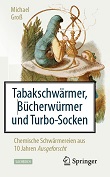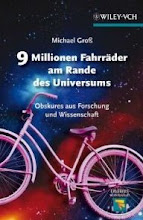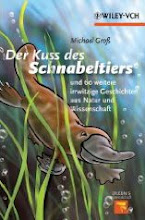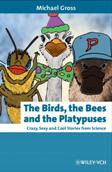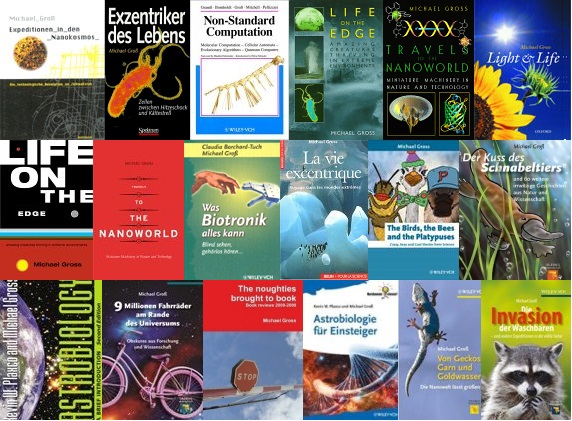Last week brought a report of an extremely mindboggling discovery that perhaps got less coverage than it deserved (in the Guardian at least it was a very small story well hidden), namely the genome of an ancient human whose mother was a Neanderthal while her father was a Denisovan. (Update 24.11.2018: here is a feature in the Observer on "Denny".)
Just to briefly summarise the possibilities:
* If interbreeding between these two groups was common and successful in terms of viable and fertile offspring, this wouldn't be surprising, but in this case we should have come across other intermediate forms earlier, so not very likely.
* If interbreeding was common and successful in the first generation (but left the offspring infertile or perhaps with some other kind of fitness limitation) there might have been a few of those, but researchers would be very lucky to hit on one of them.
* If interbreeding was rarely successful, this would have to count as an extremely lucky find.
So in any case it is pretty mindboggling, and I trust that Svante Pääbo, who is a joint senior author on the paper, will have triple-checked everything before letting this out.
All of which is just an excuse for plugging my feature on human evolution which I wrote four years ago after attending a meeting with Svante Pääbo and everybody else who is anybody in human evolution:
The complicated origins of our species
Apart from last year's effort specifically on palaeoanthropology in China, this appears to be my most recent one with actual Neanderthals in it. Given how fast the field is moving, I should revisit it soon.
Oh, and what I did visit recently is the Neanderthal museum in the eponymous valley, which hasn't quite caught up with the Neanderthal genome revolution yet, but has this amusing scene of life in the stone age to offer:
(own photo)





